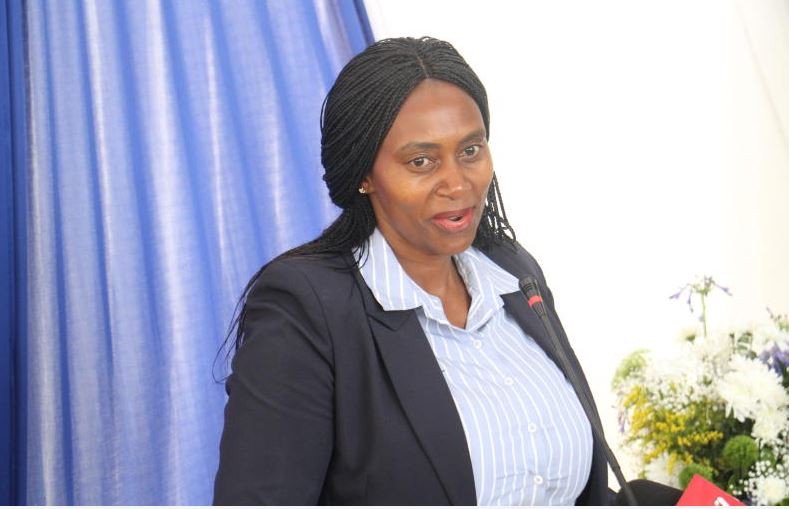
The Ministry of Health has raised a concern over the huge drop in breastfeeding over the years as mothers turn to bottle feeding.
Permanent Secretary for Public Health, Mary Muthoni, who presided over the launch of World Breastfeeding Week at Rongo University, described the trend as worrying.
“Statistics show that we have gone down in breastfeeding and have taken to bottle milk,” PS Muthoni said.
According to data from the Ministry of Health, exclusive breastfeeding went down from 62 per cent in 2014 to 60 per cent in 2022.
Early initiation to breastfeeding also dropped to 61 per cent from 63 per cent.
Notably, bottle-feeding was recorded to have increased from 26 per cent to 34 per cent in 2022.
PS Muthoni highlighted that mothers have left the issue of breastfeeding, probably because of the nature of their work.
“But if they have a lactation room where they can sit and breastfeed comfortably, we would see that the rate of breastfeeding will go up again,” the PS remarked.
- Half a million Kenyan babies miss lifesaving breastfeeding every year
- Why experts are pushing for breastfeeding, warn against formula feeding
- Why Kenya's babies are missing mother's milk
- How genes may influence breast milk production
Keep Reading
She added, “We need to tell the world that breast milk is the first initiation for a child. It is the best for the first six months”.
PS Muthoni stressed the need for employers to establish lactation rooms for breastfeeding employees.
She highlighted the importance of employers following the Health Act of 2017, which dictated that every employer must and will always set up lactation rooms, saying every female employee needed to go for maternity with their dues not being deducted.
“Men must also go for paternity of two weeks,” PS Muthoni said.
She highlighted breastfeeding as a shared societal responsibility and a strategic policy issue that cuts across multiple sectors.
According to the PS, breastfeeding is foundational to reducing child mortality, improving maternal health, and preventing malnutrition.
She termed it a workplace rights issue, requiring policies that upheld maternity protection and supported breastfeeding mothers to return to work without compromising infant health.
Migori Governor Ochilo Ayacko said the World Breastfeeding Week was a global initiative that aimed at prioritizing breastfeeding by establishing sustainable support systems that empowered mothers and promoted child health.
The governor highlighted their commitment to advancing public health and supporting national health initiatives through the global initiative.
“As the leadership of Migori County Government, we have consistently invested in strengthening our health systems to ensure a healthy and thriving population,” Governor Ayacko said.
Rongo University Vice Chancellor Prof. Samuel Gudu said the initiative would go a long way in promoting the growth of children in the country and the world at large.
We are pleased that we are taking care of what the government is emphasizing, that breastfeeding mothers should be taken care of.
“The board that runs the University has allowed us to allocate a space that caters for student mothers and their children. That takes care of their education,” Prof. Gudu said.
The World Breastfeeding Week, which is themed “Prioritize Breastfeeding – Create Sustainable Support Systems,” will run for five days.
The health system is required to provide quality counselling, with employers expected to offer conducive work environments, schools and universities to integrate breastfeeding into curricula, social protection programs to cushion vulnerable mothers, and communities to support breastfeeding mothers for sustainable breastfeeding support.
 The Standard Group Plc is a multi-media organization with investments in media
platforms spanning newspaper print
operations, television, radio broadcasting, digital and online services. The
Standard Group is recognized as a
leading multi-media house in Kenya with a key influence in matters of national
and international interest.
The Standard Group Plc is a multi-media organization with investments in media
platforms spanning newspaper print
operations, television, radio broadcasting, digital and online services. The
Standard Group is recognized as a
leading multi-media house in Kenya with a key influence in matters of national
and international interest.











